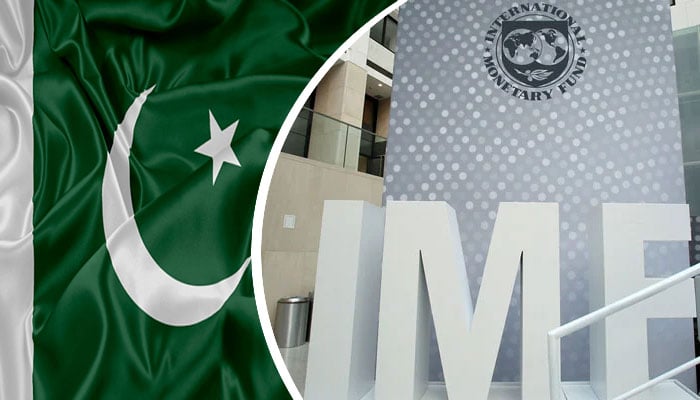Zafar iqbal
Pakistan’s Ongoing Struggle with Economic Challenges and IMF Support
Pakistan, a member of the International Monetary Fund (IMF) and the International Bank for Reconstruction and Development (IBRD), commonly known as the World Bank, has sought financial support from these international financial institutions to address its economic difficulties. Despite consistently receiving assistance from these organizations, Pakistan continues to grapple with financial instability and has not been able to effectively tackle its economic challenges.
The IMF has imposed stricter conditions for providing financial packages to Pakistan, which the country has been hesitant to accept due to the tough terms. However, Pakistan has ultimately had to agree to these conditions because of its precarious economic situation. The history of loan packages dates back to 1958, when Pakistan first approached the IMF for a Standby Arrangement (SBA). Since then, the country has received various forms of financial support from the IMF, including the most recent SBA signed on June 30, 2023, amounting to approximately $3 billion. This financial assistance was aimed at preventing the country from defaulting on its sovereign debt, which posed a significant threat to the economy. However, the package came with stringent terms and conditions, which the government committed to fully implement, despite the high political cost.
Following the June SBA, fresh negotiations with the IMF resulted in a new staff-level agreement in July, securing a further $7 billion tied to another set of stringent conditions as part of a broader reforms package. Although the last Extended Fund Facility (EFF) of $7 billion, agreed upon at the staff level between the IMF and the government of Pakistan, marks the 24th financial assistance package, it is still awaiting approval and ratification by the IMF’s executive board. The government is working hard to meet IMF conditions by securing external financing through loan rollovers from friendly countries, but these nations are hesitant to provide support on concessional terms without Pakistan first securing the IMF loan.
The IMF insists on loan rollovers as a prerequisite for the executive board’s approval of the EFF, creating a ‘chicken-and-egg’ scenario. Additionally, the government is negotiating with international commercial banks for higher-interest commercial loans to secure the necessary financing for the IMF’s EFF facility.
The implementation of the IMF’s proposed reforms package has already begun and is taking a heavy toll on the industrial sector, driving down production and reducing exports. There is a widespread belief that the IMF’s proposed guidelines and reforms are more focused on increasing revenues through heavy taxation rather than promoting GDP growth. Instead of focusing on GDP growth to boost revenues by increasing taxable earnings and expanding the tax base, heavy taxation has been proposed at the expense of growth.
The IMF’s influence on Pakistan’s economy is increasingly evident, with the international financial institution having a significant impact on decision-making processes in the country, from political to economic matters. This interference has been detrimental in areas where economic growth could be fostered. For instance, the fuel price adjustment mechanism, which could help control inflation, is subjected to monthly adjustments per IMF directives, hindering industrial growth. The power tariff mechanism, another aspect of the reforms package, has severely hampered economic progress. This approach to pricing has stifled growth, as inflation cannot be controlled in this way, and economic expansion remains elusive, especially in the face of imported cost-push inflation.
The IMF’s influence extends to agricultural policies as well, with directives not to regulate key crops through support price mechanisms. This unchecked influence of market forces will severely impact the poorest segments of society, exacerbating poverty. Pakistan is already grappling with rising poverty as a result of these market-driven policies, with more people being pushed below the poverty line due to open market operations.
Despite the challenging conditions and the IMF’s control over decision-making processes, Pakistan continues to seek temporary relief and support from the IMF to prevent defaulting on its sovereign debt. The risk of default is once again on the horizon, as Pakistan faces an external financing gap identified by the lender. The IMF’s policy framework designed for the benefit of the wealthy while neglecting the country’s poor has led to increasing poverty in the country.
In conclusion, the complex relationship between Pakistan and the IMF continues to pose significant challenges for the country’s economy. While the stringent conditions imposed by the IMF have taken a toll on various sectors of the economy, Pakistan finds itself in a position where it has no alternative but to accept the IMF’s conditions for temporary relief and support. However, there is a growing realization that long-term policy frameworks focused on creating employment opportunities and boosting productivity and exports are essential for sustainable economic growth and poverty alleviation in Pakistan.
















